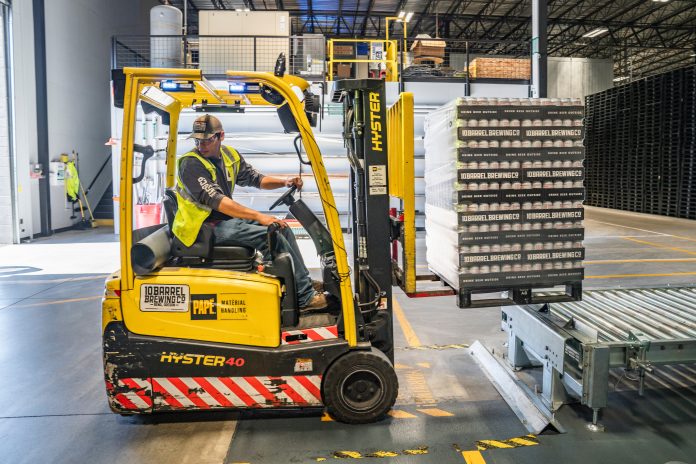Media Release
A global risk management provider warns that delegating accountability for workplace safety will not be sufficient defence for board members and C-Suite executives under new industrial manslaughter laws across Australia.
Instead, company directors must be actively and directly involved in the establishment and review of, and training around, workplace safety systems, to reduce their risk of personal liability and prosecution in case of a workplace fatality. The most effective method of ensuring compliance with the new laws is certification to the latest international occupational health and safety standard.
SAI Global has audited, certified and trained thousands of organisations seeking to meet the international ISO 45001 standard for occupational health and safety, in addition to Federal and State workplace health and safety legislation. SAI Global workplace safety expert Kiran Bhagat says, “Industrial manslaughter laws legislated in Victoria, Queensland, Western Australia, the Northern Territory, and the ACT place legal liability squarely at the feet of the C-suite and company directors for industrial manslaughter. Organisations must ensure their compliance to OHS laws is over and above current standards and, besides, aim to meet and exceed international standards as a safeguard. The highest-ranking leaders in an organisation must be proactively involved in these processes.”
The penalties under the new laws are unprecedented. In Victoria, it is a maximum of 25 years’ imprisonment for individuals and a staggering maximum fine of $16.5 million for companies, while in the Northern Territory penalties could be life imprisonment and fines up to $10.075 million. In Western Australia, the maximum penalty is up to 20 years’ imprisonment for individuals and fines of up to $10 million for companies. The ACT was the first State to enact an industrial manslaughter law, with penalties currently sitting at $1.62 million for a body corporate or $320,000 for an individual, or 20 years’ imprisonment (or both). In Queensland, directors could face up to 20 years’ imprisonment, and organisations could receive fines exceeding $10 million.
Kiran says: “It is no longer acceptable for company directors to delegate workplace safety, or pass the blame, to management representatives. As the most senior figureheads of an organisation, they are accountable for the actions of their employees, and the penalties stand to have a profound personal impact on their lives. It is the reason why certification to ISO 45001 – the latest international standard to which thousands of organisations are certified – is the most effective approach to complying with the requirements of the new industrial manslaughter laws.
“Under both the law and the standard, business leaders must be directly involved, take a preventative approach, and ensure involvement from workers and contractors. Everyone must have a voice. OHS must become a part of an organisation’s management commitments. Agenda items in management and board meeting should include a review of OHS procedures, accidents and near-misses, directive actions such as training to mitigate risks, creating opportunities for a safer workplace and documentation requirements. Directors and board members must also be involved in training.
“Previously, OHS performance was driven by policy. Now there are additional required commitments – particularly the elimination of all hazards. Overall, rather than a procedures-based approach, now best practice is to take a systems-based approach.”
So far, in 2020, there have been 147 deaths of workers on the jobs. Already the first cases of negligence under State-based industrial manslaughter legislation are being prosecuted, with a West Australian company director facing charges of gross negligence and possible jail time after the third serious breach of the Workplace Health and Safety (WHS) Act since 2013. The company has been fined more than half a million dollars in the largest fine ever imposed in that State for a WHS breach. In Queensland, two directors of a Brisbane auto recycling business are facing the possibility of jail time, and a fine of $3 million following the death of a forklift driver. In both cases, the companies appear to have ignored WHS directives and guidelines and failed to install adequate safety equipment and systems.
Kiran concludes: “If the appropriate stakeholders in a business understand, promote and implement robust workplace safety systems and ensure they undertake specialised training, they could make a real impact to reducing the risk of workplace accidents, injuries or fatalities.”




















